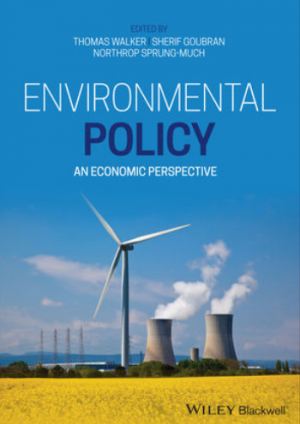Environmental Policy: An Economic Perspective
Chapter 2 Responses to Climate Change Worldwide: Individual Preferences and Policy Actions around the World
This chapter provides a comprehensive overview of climate change policies and actions around the world.
At the level of countries, we document the differences in the stringency of climate change policies across different regions of the world. We then look at the individuals within countries, providing an assessment of their values and perceptions of the significance of climate change. We show that economic development is associated with increased commitment to address climate change both at the level of countries as well as at the individual level.
Furthermore, our results suggest that more stringent climate change mitigation policies at the macro level are often consistent with pro-environmental individual preferences at the micro level. However, we also show that the pro-environmental attitudes of individuals do not always translate into stringent environmental policies.
We draw on a case study of two countries, Sweden and Turkey, to highlight the structural and institutional influences on environmental actions and policies. The evidence suggests that there is convergence between individual preferences for environmental concern and climate policy action in Sweden due to high levels of trust and social capital formation. In contrast to the case of Sweden, Turkish citizens are unable to engage in collective environmental action because of high levels of distrust.
There are thus multiple factors to consider at the cross-country level of data, and there is likely a diversity of subnational regions in terms of political institutions, democracy, social capital, public policies and environmentalism.




